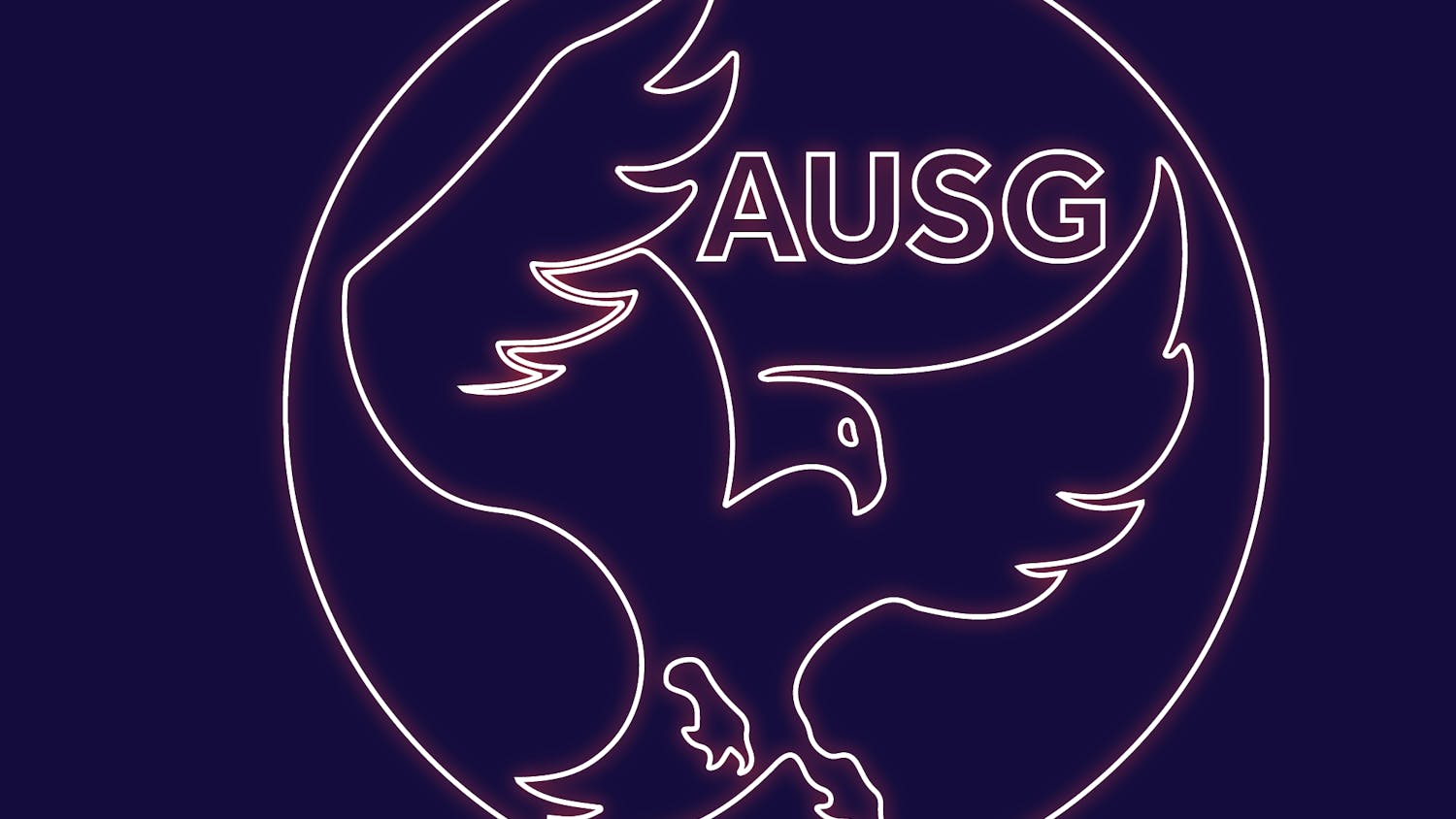Alan Duffy, a health educator in AU's Student Health Center, and the National Pan-Hellenic Association plan to launch an AU version of a national peer-facilitated program that promotes positive body images among women in sororities early next year.
The Sorority Body Image Program, which started six years ago at Trinity University in San Antonio, is hailed as the most effective tool in anorexia and bulimia prevention, Duffy said.
"It's not some kind of PowerPoint presentation," he said. The program is fully interactive and completely peer-led, which Duffy said is part of the reason the program is so successful.
Twelve peer facilitators chosen through an application process earlier this semester will take part in a two-day training program. The facilitators will split up into groups of three and lead groups of 15 affiliated women through the program, he said.
"Because this is a scientific program, there is a lot of training involved," Duffy said. "Not just anyone can pick it up."
The peer facilitator training centered on a critique of the thin ideal through role-playing activities and discussion-based lectures, according to Mari Chin, a member of AU's Alpha Epsilon Phi chapter and a senior in the School of Communication who was chosen as a counselor.
"The 'thin ideal' is the term for all the super thin stuff: not eating to look good in clothes, working out excessively, going on fad diets that women put themselves through. Basically it's all the self-deprecating crap girls talk about in reference to themselves in order to fit in."
Chin said she applied to be a counselor because as a communications major she understands how some aspects of the communications industry are geared towards negative portrayals of women.
"I wanted to be able to counteract that and show that not all people who work in communications or public relations are involved in the promotion of unhealthy body images," she said.
Duffy said the program focuses on women in greek organizations because of how often they meet and not because program coordinators felt these organizations had higher instances of eating disorders and body image problems.
However, the program is not just about eating disorder prevention. The biggest goal is improving a woman's all around self-confidence and empowering her, Duffy said.
"A lot of people say, 'well I don't have an eating disorder' or 'I don't have major body-image issues,'" he said. "The question I always ask when I go in and talk to a chapter is 'how many people walk out on a day-to-day basis on campus and say, 'I am just it today, I just look amazing.' Nobody has that level of self-confidence."
The program will counteract unrealistic portrayals of women in the media and raise participants' perception of themselves. While the program will not start until the spring 2009 semester, the general reaction has been positive, Duffy said.
Sorority members have said they believe these programs can help girls feel better about themselves.
"I think this is a really worthwhile program, and having gone to a girl's school for seven years, I know how much a negative impact about self, not just body, can affect your confidence in class and at school," said Maggie Skinner, president of AU's Alpha Epsilon Phi chapter and a senior in the School of International Studies.
You can reach this reporter at news@theeagleonline.com.




